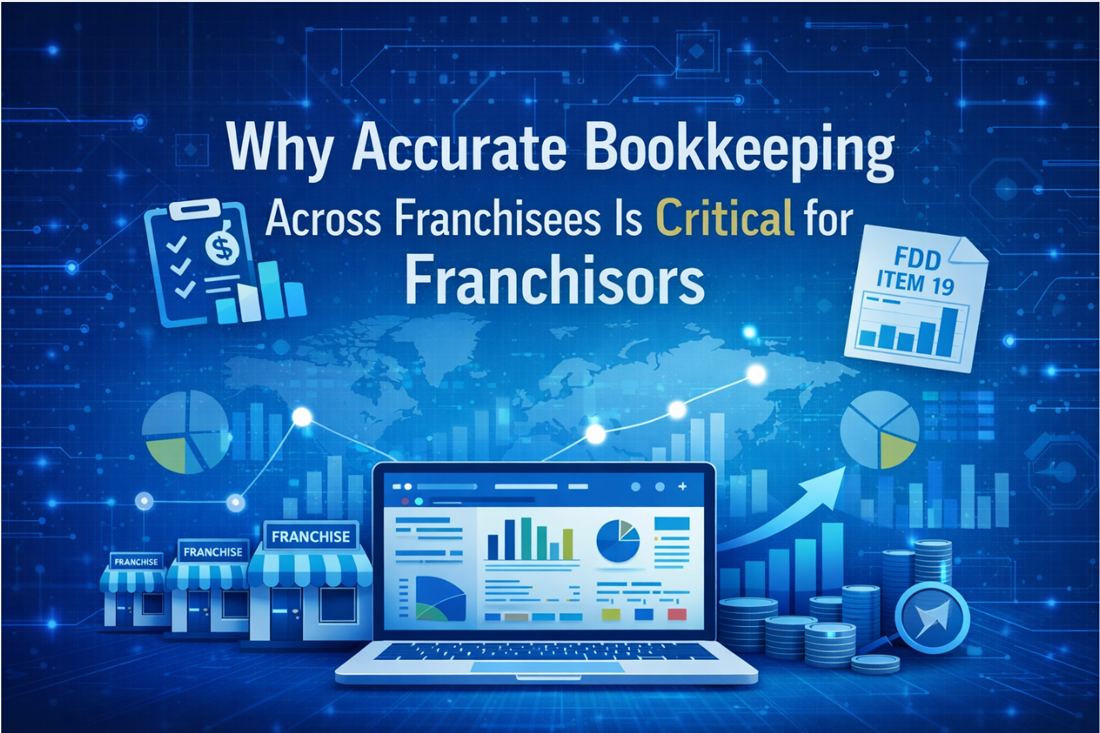Accurate financial records are the bedrock of stability and growth in the intricate web of business operations. Bookkeeping, a process encompassing the recording, organization, and categorization of financial transactions, is the cornerstone upon which informed decisions are made and regulatory compliance is upheld. Yet, amidst its critical significance, myriad challenges often obstruct the seamless execution of bookkeeping duties. In this blog post, we identify and dissect 10 prevalent bookkeeping roadblocks.
Inaccurate Data Entry
Precise data input is fundamental to sound bookkeeping practices. Businesses can overcome this obstacle by investing in automated data entry systems to minimize human error and streamline the process. Implementing double-entry bookkeeping enhances accuracy and error detection. Regular data audits proactively identify and rectify inaccuracies, ensuring data integrity. Addressing inaccurate data entry through these measures establishes a robust foundation for bookkeeping, emphasizing the importance of accurate financial records for informed decision-making and regulatory compliance. Prioritizing accuracy in data entry is crucial for sustained financial health and operational efficacy amidst bookkeeping roadblocks.
Incomplete Records
Implementing a standardized record-keeping system is essential to address this roadblock. Regular audits should be conducted to identify and rectify any inconsistencies, ensuring the completeness and accuracy of the records. Additionally, leveraging modern bookkeeping software can streamline the record-keeping process, enabling businesses to maintain comprehensive, error-free records. By adopting these practices, businesses can overcome the challenge of incomplete records, thereby enhancing the reliability of their financial data and facilitating informed decision-making.
Lack of Standards
Overcoming the challenge of a lack of standards in bookkeeping is pivotal for operational integrity. Establishing clear and defined bookkeeping standards and procedures is crucial. Organizations can maintain consistency and accuracy in their bookkeeping practices by defining standardized procedures, providing comprehensive training for adherence to these standards, and conducting regular quality checks. Addressing this roadblock ensures uniformity and reliability in financial record-keeping, ultimately supporting informed decision-making and regulatory compliance. Improving standards within bookkeeping processes is central to establishing a strong foundation for efficient financial management and reporting.
Template Design
template design in bookkeeping is essential for effective record-keeping. User-friendly and comprehensive templates are crucial for accurate data entry and efficient financial management. Businesses can invest in professionally designed templates or customize existing ones to align with their specific requirements, ensuring optimal functionality and relevance. Organizations can streamline their bookkeeping processes by enhancing template design, minimizing errors, and improving overall efficiency. Investing in well-designed templates is key to overcoming this roadblock and establishing a strong foundation for reliable financial record-keeping.
Training
training in bookkeeping is essential for maintaining efficient and accurate financial processes. Comprehensive training programs for all bookkeeping staff are crucial to ensure proficiency in data entry, financial analysis, and compliance. Organizations should prioritize ongoing skill development opportunities to keep pace with evolving industry standards and technologies. By investing in proper training and continuous skill development, businesses can equip their bookkeeping staff with the knowledge and expertise necessary to navigate complexities and effectively contribute to the organization’s financial health. Overcoming inadequate training as a roadblock underscores the importance of a well-trained workforce in maintaining robust bookkeeping practices.
Complex Accounting Systems
Complex accounting systems present challenges, potentially leading to confusion and errors. To address this, simplify systems when possible, invest in user-friendly software solutions, and provide extensive employee training. By simplifying processes and leveraging user-friendly software, businesses can streamline their accounting practices and minimize the risk of errors. Moreover, comprehensive training ensures that employees are proficient in navigating these systems, ultimately enhancing efficiency and accuracy in financial management. Overcoming the roadblock of complex accounting systems is essential for maintaining robust bookkeeping practices and ensuring accurate financial reporting.
Limited Software Features
Outdated and limited software can impede bookkeeping progress. To overcome this challenge, businesses should consider investing in modern bookkeeping software with robust features tailored to their needs. Upgrading to software that aligns with the business’s requirements enhances efficiency and accuracy in bookkeeping processes. Organizations can streamline financial management, mitigate errors, and adapt to evolving industry standards by leveraging modern software with advanced features. Overcoming the roadblock of limited software features is crucial for maintaining effective bookkeeping practices and ensuring reliable financial record-keeping.
Insufficient Resources
sufficient resources in bookkeeping is crucial for maintaining efficient financial management. Ensuring the bookkeeping team has adequate resources and support, such as additional staff when needed, updated technology, and access to external support when needed, is essential. These resources enable the team to handle their responsibilities effectively and adapt to evolving needs. By providing the necessary resources, organizations can bolster their bookkeeping practices, enhance productivity, and minimize the risk of errors. Overcoming the challenge of insufficient resources is pivotal for sustaining robust bookkeeping processes and upholding the accuracy of financial records.
Outdated Methods
Outdated bookkeeping methods can hinder efficiency. Investing in modern technology and automating repetitive tasks helps streamline processes. Staying updated with industry best practices ensures compliance and operational effectiveness. By embracing modernization and automation, businesses can overcome the roadblocks of outdated methods, paving the way for improved accuracy and efficiency in their bookkeeping practices.
Conflicting Priorities
Conflicting priorities may lead to not paying attention to bookkeeping tasks. To address this, allocate dedicated time for bookkeeping, emphasize its importance within the organization, and communicate its relevance to all staff. By prioritizing bookkeeping tasks and underscoring their significance, businesses can ensure that financial matters receive the required attention, minimizing the risk of oversights or errors. Effective time allocation and clear communication of priorities help overcome the roadblock of conflicting priorities, reinforcing the importance of consistent and accurate bookkeeping practices within the organization.
Conclusion
By recognizing these roadblocks and taking proactive measures, businesses can navigate their bookkeeping challenges effectively, leading to smoother operations and better financial health. By leveraging xendoo ‘s cutting-edge solutions and expert guidance, businesses can confidently surmount the hurdles of inaccurate data entry, incomplete records, and other common roadblocks. Implementing these strategies can pave the way for more reliable bookkeeping practices, providing a solid foundation for business success. Addressing these common roadblocks, head-on can contribute to improved accuracy, efficiency, and overall financial well-being for any organization. Together, let’s embark on a journey of financial excellence with xendoo.com as our trusted partner, unlocking the path to operational efficiency and sustained success.









